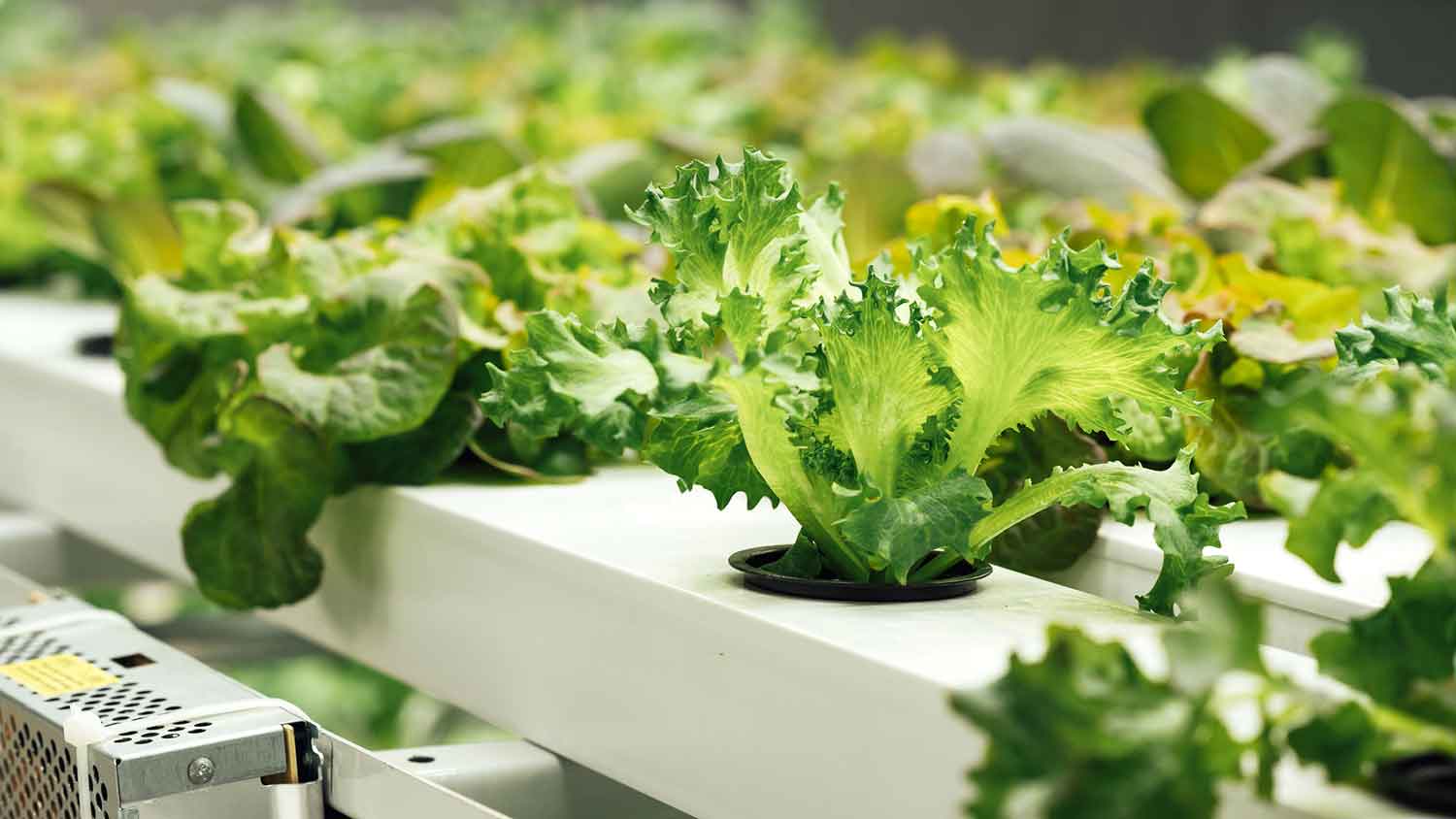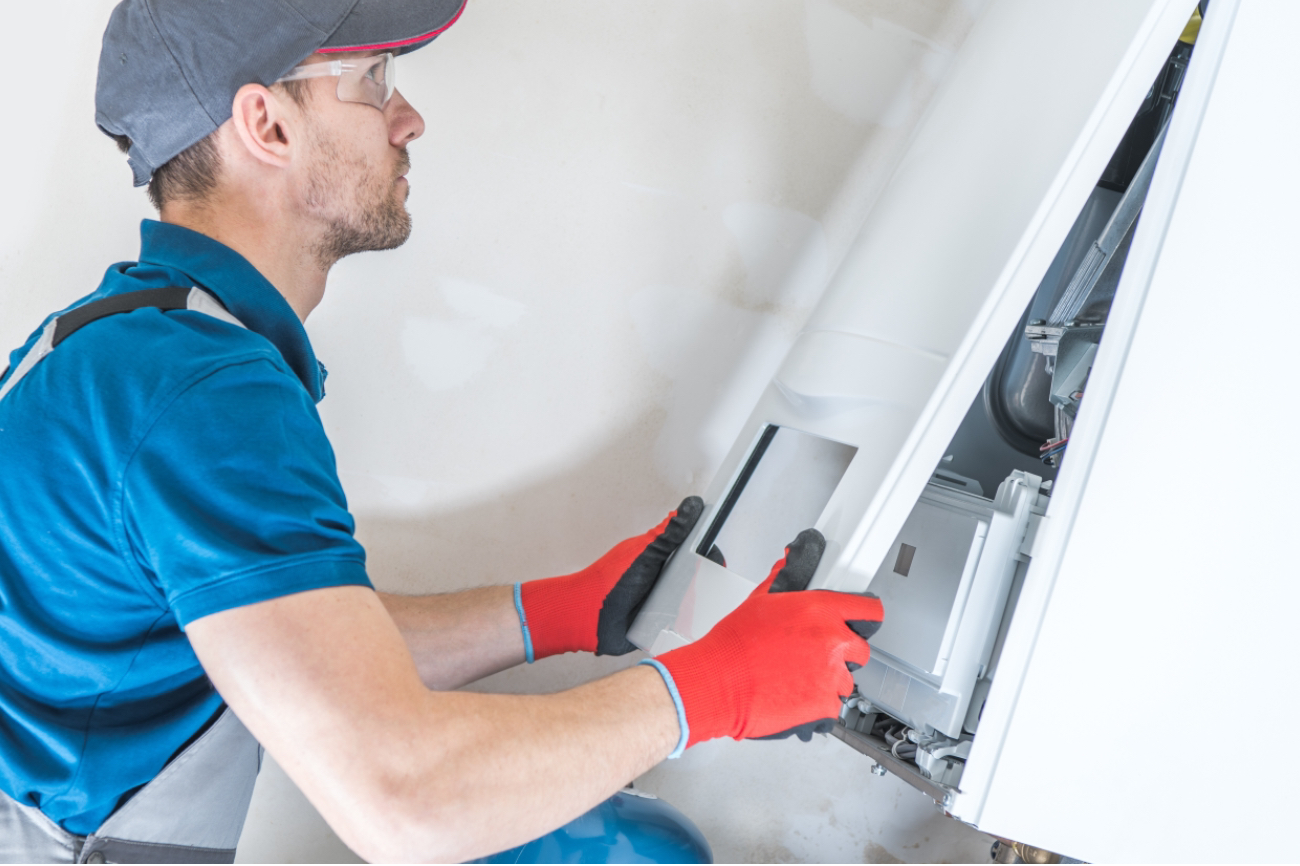
Discover the true window AC unit installation cost to learn about labor, permits, and ways to save on your window AC project.
Make your home more comfortable with our expert tips
Forced-air heat can create dry indoor air.
Dry indoor air can cause skin irritation, static electricity, and other unpleasant conditions.
A whole-house humidifier can help; installing one costs an average of $392 to $765.
If your skin is tight and itchy and your clothes are full of static, you may be wondering, why is my house so dry? Heating, cooling, and the weather can all cause the humidity levels in your home to plummet. Here are four common causes of dry indoor air and how to fix the situation.
During winter months, many homeowners rely on forced air heating to keep their homes comfortable. However, forced-air heat systems are notorious for creating dry indoor air. The problem can get worse as the outdoor temperature drops and the heating system works harder to generate even more warm, dry air.
Several types of forced-air furnace-mounted humidifiers exist for the very reason that the systems create dry air as a primary product. Numerous portable humidifiers are also available for single-room applications. There are also several ways to increase indoor humidity levels without a humidifier, such as employing plants or a water fountain.

During warm months, we rely on our air conditioners to let us escape the outdoor heat. Air conditioning works by decreasing moisture in the air during the heat removal process, so it can generate dry indoor air.
If you have central air conditioning in your home, you can use the same humidifier your furnace uses during the winter heating months. You can also use portable humidifiers if the problem doesn't require constant attention.
Regardless of the season, poor or inadequate insulation and air leaks can cause spotty or large-scale dryness in the home.
The best way to combat dry air in the home caused by air leaks or poor insulation is to hire a local energy-efficiency professional, schedule a home energy audit, and follow the recommended steps afterward. Doing so will not only increase the comfort level inside your home but can save you money on energy bills as well.

There's nothing we can do about the weather, yet it's another factor when it comes to maintaining your home's indoor air quality. Warm summer air can require the use of moisture-reducing air conditioning, while cold winter air, which holds less moisture, can dry out indoor air even when your furnace isn't working overtime.
The best way to increase the humidity in your home is by using a whole home humidifier when it makes sense to do so. The average cost for the device and installation is between $392 and $765.
If the air inside your home is frequently dry and you’re struggling to make things more comfortable, there may be an underlying issue with your HVAC system or humidity devices. Contacting a nearby HVAC repair specialist will help you get to the root of the problem.
The best way to prevent a dry house is having proper ventilation, adequate insulation, and a humidifier to increase the humidity level, if necessary. Ideal humidity levels in your home are between 30% and 50%. It helps to invest in an indoor humidity monitor for between $15 and $25 on average.
From average costs to expert advice, get all the answers you need to get your job done.

Discover the true window AC unit installation cost to learn about labor, permits, and ways to save on your window AC project.

What you’ll pay in Columbus, OH, for furnace repairs depends on many factors. Here’s a breakdown of what can go wrong and the cost to fix those issues.

What you’ll pay for furnace repairs depends on many factors, including what parts are malfunctioning, where you live, and even the time of day. Here’s a breakdown of what can go wrong with your furnace and the cost to fix those issues.

Tackling unwanted odors from indoor plants can be tricky. Learn how to use a carbon filter in your duct fan to improve air quality.

Not sure which type of furnace humidifier is best for your home? We’ve broken down four different options, explaining how they work and their benefits.

Discover heat exchanger replacement costs to learn about price factors, labor, and ways to save before hiring a pro or starting your project.